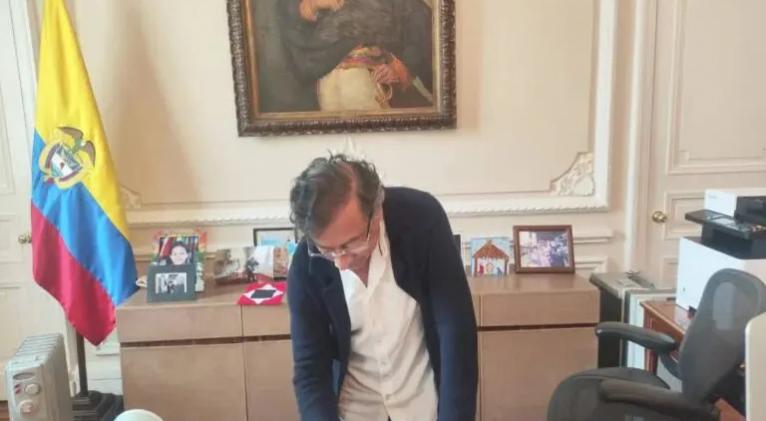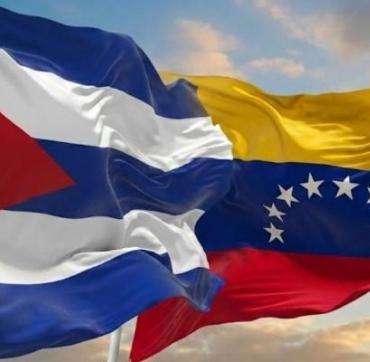Gustavo Petro Signs Decree for Popular Consultation on Labor Reform in Colombia
especiales

Colombian President Gustavo Petro signs a decree calling for a popular consultation on labor reform, advancing direct citizen participation amid legislative resistance. The decree is now under review by the Constitutional Court.
In a decisive move to deepen democracy and empower the Colombian people, President Gustavo Petro signed a decree calling for a popular consultation (referendum) on the government’s proposed labor reform.
Announced via his official social media account on the platform X, Petro emphasized that the decree will only be repealed before the elections if Congress positively addresses the reform points posed to the people.
Decree Sent to Constitutional Court for Validation
The president’s office promptly sent the decree to Colombia’s Constitutional Court, initiating the legal validation process required for the referendum to proceed. This step marks a critical milestone for the government’s participatory agenda, potentially allowing Colombians to directly vote on fundamental reforms affecting labor rights, healthcare, and pensions.
Interior Minister Armando Benedetti clarified that if the Senate approves the labor reform, the government will repeal the decree, underscoring the administration’s openness to legislative dialogue while preserving the people’s right to decide.
Petro’s call for a popular consultation comes amid heightened political tensions and significant opposition within Congress to his reform proposals. Since taking office, Petro has championed structural changes aimed at social justice and equity, but these efforts have faced entrenched resistance from conservative sectors and economic elites.
By invoking the constitutional right to popular consultation, Petro seeks to circumvent legislative gridlock and reaffirm the sovereignty of the people in shaping Colombia’s future.
The text reads:
I have signed the decree calling for the popular consultation.
It will only be repealed before the vote if the points posed to the people, so they can express their constituent order, are positively answered by Congress, the legitimate constituted power to discuss laws.
The 12 Questions Colombians Will Decide On
The consultation includes twelve specific questions designed to address key aspects of the proposed labor reform. These questions aim to improve working conditions, promote social inclusion, and guarantee labor rights:
1. Do you agree that daytime work should last a maximum of 8 hours and be between 6:00 a.m. and 6:00 p.m.?
2. Do you agree that work on rest days, Sundays, or holidays should be paid with a 100% surcharge?
3. Do you agree that micro, small, and medium productive enterprises, preferably associative, receive preferential rates and incentives for their projects?
4. Do you agree that people should have the necessary permits to attend medical treatments and licenses for incapacitating menstrual periods?
5. Do you agree that companies must hire at least 2 people with disabilities for every 100 workers?
6. Do you agree that young apprentices from SENA and similar institutions should have an employment contract?
7. Do you agree that platform delivery workers should agree on their type of contract and be guaranteed social security payments?
8. Do you agree to establish a special labor regime so that rural employers guarantee labor rights and fair wages to agricultural workers?
9. Do you agree to eliminate outsourcing and labor intermediation through union contracts that violate labor rights?
10. Do you agree that domestic workers, community mothers, journalists, athletes, artists, drivers, and other informal workers be formalized or have access to social security?
11. Do you agree to promote job stability through indefinite-term contracts as the general rule?
12. Do you agree to create a special fund for the recognition of a pension bonus for peasants?
The decree reflects Petro’s broader vision of a participatory democracy where citizens exercise constituent power beyond traditional representative institutions. It aligns with progressive movements across Latin America advocating for direct democracy mechanisms to deepen social inclusion and justice.
This initiative resonates with similar efforts in the region to challenge neoliberal policies and empower working people, echoing the struggles of Venezuela, Bolivia, and Argentina to build more equitable societies.














Add new comment